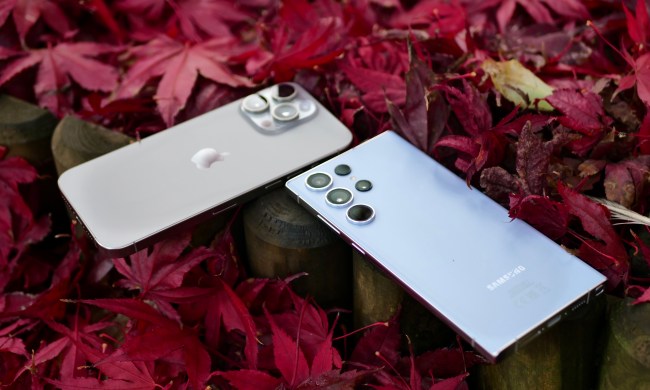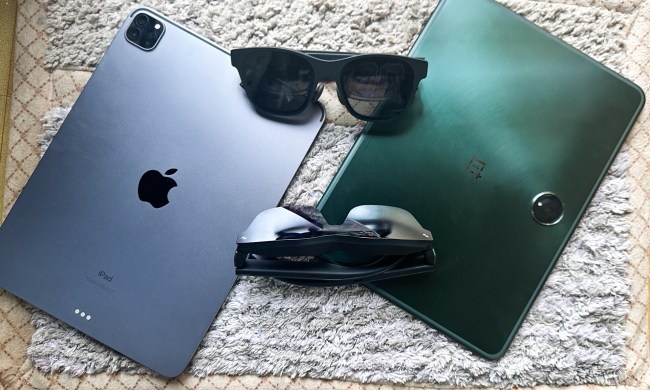The Huawei Mate 30 and Huawei Mate 30 Pro will stick with Android for their operating system, but the Chinese company’s Harmony OS will soon arrive in an upcoming smartwatch.
Huawei built Harmony OS partly to reduce its reliance on other companies as suppliers, though the main reason is believed to be the tension between the U.S. and China. The Chinese manufacturer, which has been accused of espionage, has been placed on the Department of Commerce’s Entity List, which prevents Huawei from sourcing parts from U.S. suppliers unless with the U.S. government’s approval.
Huawei, however, insists that it wants to keep a single ecosystem, at least for its smartphones. This is why the company has no plans of launching a Harmony OS smartphone, according to Huawei Senior Vice President Vincent Yang.
“We want to maintain one standard, one ecosystem,” said Yang at a media event in New York, adding that Harmony OS will serve as plan B for Huawei.
Yang hinted that an upcoming flagship smartphone will run on Android. The devices referred to are believed to be the Huawei Mate 30 and Huawei Mate 30 Pro. Harmony OS, meanwhile, will soon launch on a television, and Yang said that a smartwatch powered by the operating system is on its way. The smartwatch may be released within the year, possibly even as a companion product to the Huawei Mate 30.
However, things will likely change if the U.S. government enforces the ban that will prevent Huawei from accessing important Android components, including the Google Play Store. The Department of Commerce recently extended a temporary license to allow the Chinese company to keep doing business with U.S. companies, but if the ban is upheld, Huawei may be forced to bring forward a Harmony OS smartphone.
Huawei is hesitating to switch to Harmony OS from Android because its own operating system has virtually no app support for now, despite its capability of running Android apps. If the company is prohibited from using Android, smartphones such as the Huawei Mate 30 will lose access to the Google Play Store, which will be a massive deal-breaker for U.S. customers.


